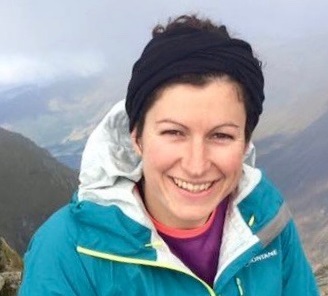Honorary titles within the Wolfson Research Institute for Health and Wellbeing are conferred upon persons of appropriate distinction, other than members of staff, who have an on-going association with the University in the area of research. They are leaders in their field, and below is a list of our current Honorary Professors.
Professor Emily Oliver
Honorary Professor in the Wolfson Research Institute for Health and Wellbeing
 |
Professor Emily Oliver is a Chartered Psychologist and Associate Fellow of the British Psychological Society, a Senior Fellow of the Higher Education Academy, and a Fellow of Fuse, the Centre for Translational Research in Public Health.
|
|
Her research takes the form of two inter-related strands. First, motivation, in particular how this is sustained and strengthened during crises. This includes understanding how and why people cope differently, with a focus on mental health outcomes. The second strand focuses on translating these ideas to design equitable interventions and policies to support health and wellbeing. Here, the role of physical activity is centred, alongside consideration of how activity-based interventions can engage individuals or groups who may be excluded from standard approaches or services. |
|


/prod01/prodbucket01/media/durham-university/research-/research-institutes/wolfson-research-institute/60056.jpg)